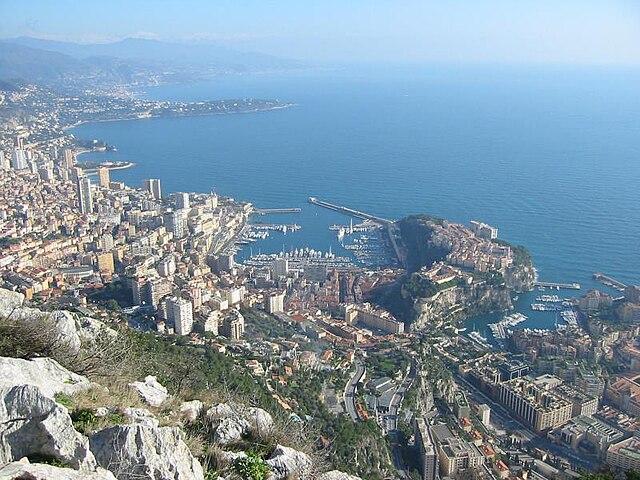Koinonia is a transliterated form of the Greek word κοινωνία, which refers to concepts such as fellowship, joint participation, partnership, the share which one has in anything, a gift jointly contributed, a collection, a contribution. In the Politics of Aristotle it is used to mean a community of any size from a single family to a polis. As a polis, it is the Greek for republic or commonwealth. In later Christianity it identifies the idealized state of fellowship and unity that should exist within the Christian church, the Body of Christ. This usage may have been borrowed from the early Epicureans—as it is used by Epicurus' Principal Doctrines 37–38.
The Eucharist has been a key theme in the depictions of the Last Supper in Christian art, as in this 16th-century Juan de Juanes painting.
Polis, plural poleis, means ‘city’ in ancient Greek. The modern Greek word πόλη (polē) is a direct descendant of the ancient word and roughly means "city" or an urban place. However, the Ancient Greek term that specifically meant the totality of urban buildings and spaces was asty (ἄστυ), rather than polis.
Cameo depiction of the ideal polis on the Gemma Augustea. The upper scene depicts the philosopher-king and other savants and warriors, while the lower scene depicts the people.
Monaco, a modern city-state on the south coast of France. Monaco bears no resemblance to any aspect of an ancient Greek polis.
Plaque over the door of Coulanges' last residence.
Romulus and Remus, descendants of Trojan Aeneas, having been cast away to die, being suckled by the wolf on the banks of the Tiber prior to their rescue by Evander, king of a polis, a colony from Arcadia, already on what became the Palatine Hill (site of the imperial "palace."). There are no Italic tribes in this story.





